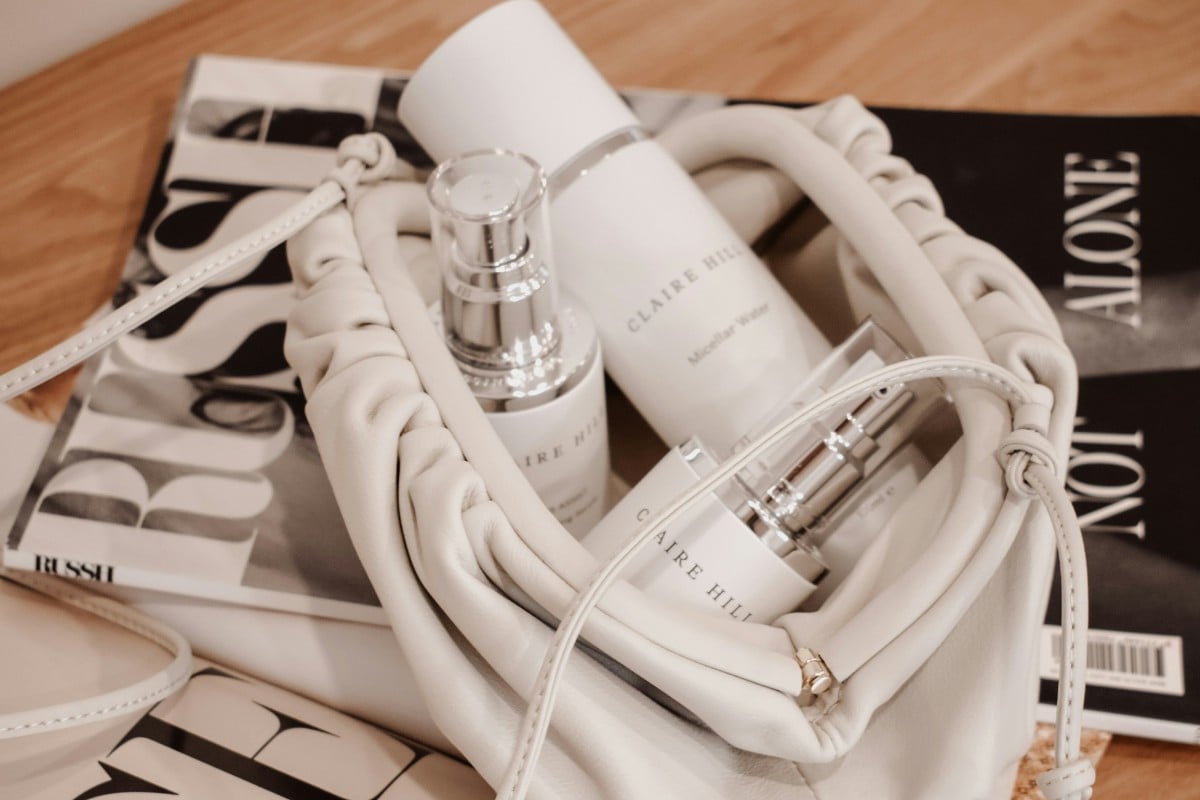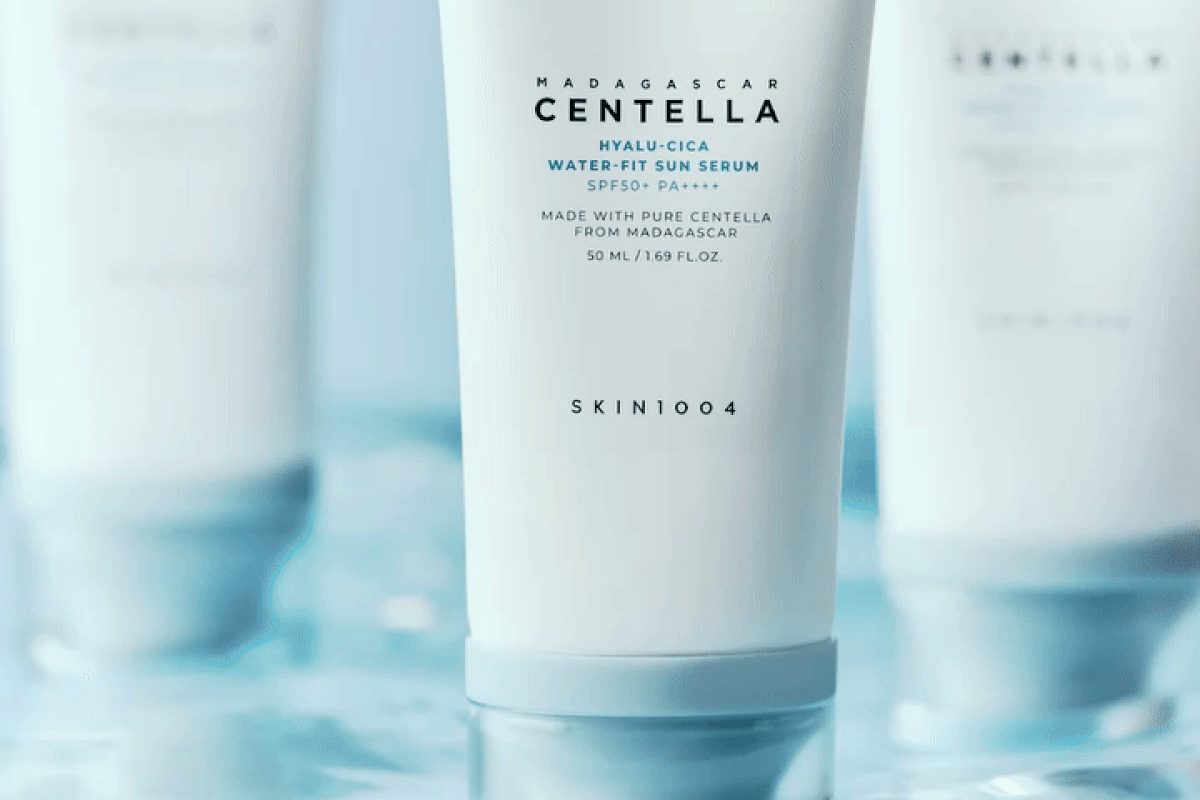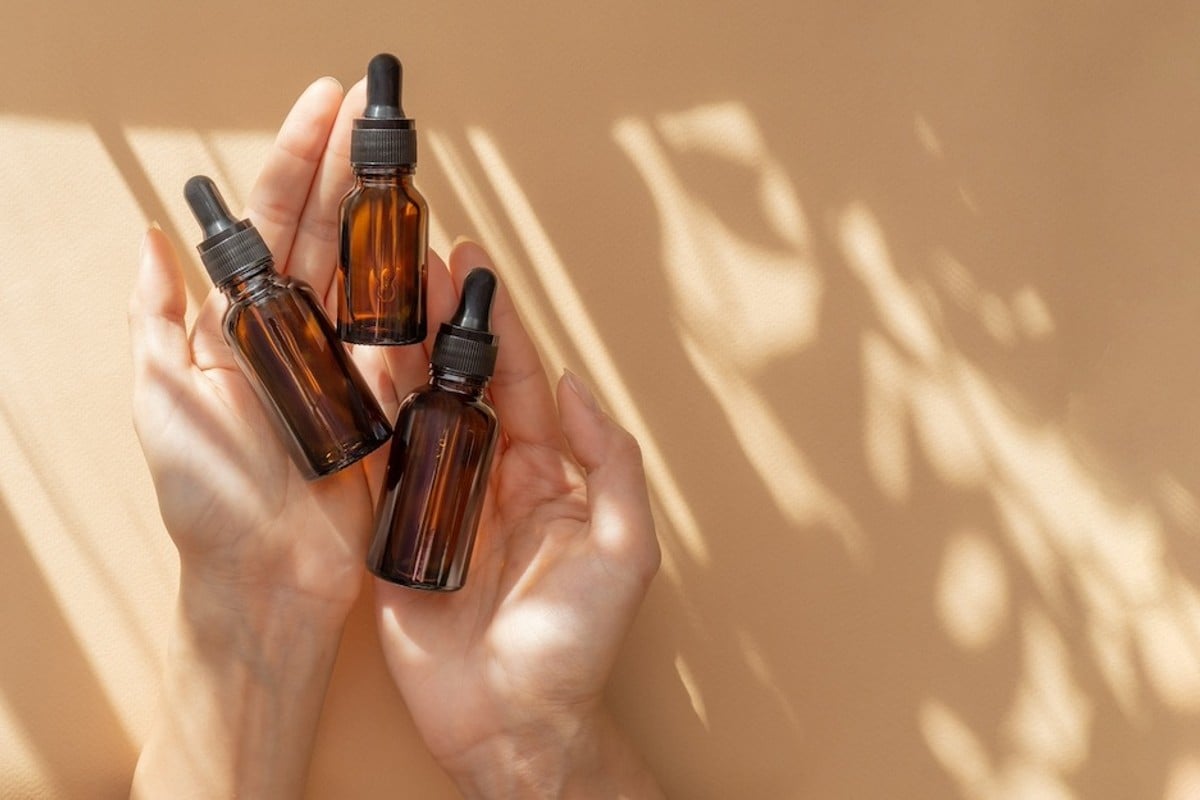There are quite a few types of face serums to choose from, so let’s break down everything you need to know to pick the best one for your skin.
Adding a new serum to your routine might be the savior your complexion is waiting for to look and feel its best. Yet, to get the most benefits, you’ll need a product that specifically addresses all your skin needs. Since serums are meant to correct, your priority should be to pick one that contains actives to target your concerns, as well as have a formula that suits your type of skin. All you have to do is look in the mirror and find out if your skin is dry, oily, or irritated. Perhaps there are some fine lines you’re insecure about or dark spots that you want to eliminate. Well, there’s a serum for that too!
But how exactly do you spot that product that you actually need? Read on to learn what type of face serums works best for your skin.
What face serum should you use?
Does your skin feel dry and itchy? Are you tired of blotting oil off your face? Have you tried everything and still haven’t seen the results you want? Maybe you’re going for that perfect healthy glow. Well, don’t lose hope; there’s a serum out there that might just save the day!
Face serum for dry skin
If you have dry skin, you should look for a hydrating serum that lacks potentially drying ingredients. For the best results, the serum should contain both humectants and occlusives, as they work in tandem to pull water from the environment and trap it into the skin.
- The ideal face serum for dry skin should contain humectants like hyaluronic acid and glycerin, plus occlusives such as squalane. They absorb moisture from the air and bring it into the skin, increasing water content in cells.
- Emollients such as fatty acids, vitamin E, and ceramides are a go-to for dry skin as they work to trap moisture and soften dry patches. Replenishers like niacinamide that aim to repair and reinforce the barrier should also be on the radar.
- If you have a specific concern to target, you also need actives like vitamin C (for dark spots), retinol (for fine lines and wrinkles), and lactic acid (for dullness). If your skin can’t manage these, you can try gentler exfoliants like polyhydroxy acids, a retinol alternative like bakuchiol, or a milder form of vitamin C.
- As far as the texture is concerned, water-based serums are great for dry skin as they absorb fast and visibly plump the skin.
- Dry skin should avoid serums containing drying elements such as alcohol, fragrances, salicylic acid, and benzoyl peroxide.
- It’s also not a good idea to start with highly concentrated products in vitamin C, glycolic acid, and retinol if you have dry skin.
When you use humectants without occlusives, there’s a chance they will draw moisture from the deepest skin layers if the humidity level in your area is under 70%, which causes more dryness. This is definitely something you want to avoid when you have dehydrated skin.
Related: 11 Best Night Serums for Dry Skin
Face serum for oily skin
- The best serum for oily skin is one that delivers lightweight hydration and contains sebum-controlling ingredients like squalane and salicylic acid.
- As an oily skin type, you should steer clear from heavy and some oil-based serums, like the ones that might clog your pores (think soybean, flaxseed).
- Actives like zinc and niacinamide are perfect for a serum for oily skin as they aid in regulating sebum production.
- Oily skin is often accompanied by blackheads and large pores, so exfoliants like glycolic acid are great for clearing skin and preventing open comedones.
- When you have oily skin, it’s essential that you pick serums that are non-comedogenic and don’t feel greasy or sticky.
Related: 12 Best Salicylic Acid Serums to Banish Excess Oil
Face serum for sensitive, irritated, stressed skin
- People with sensitive and irritated skin should use a gentle serum filled with replenishing ingredients that aims to reinforce the skin’s barrier. For instance, squalane mimics the skin’s natural oil and has anti-inflammatory and soothing effects. Ceramides, fatty acids, and cholesterol are also game-changers for troubled skin as they consolidate the protective barrier.
- If you’re on the hunt for serums made with nature-derived ingredients, licorice, chamomile, and green tea extracts are excellent at calming and reducing redness while increasing hydration.
- Sensitive skin may have a hard time tolerating aggressive exfoliants, so polyhydroxy acids are a great alternative.
- It’s crucial to avoid essential oils, silicones, and serums with added fragrance, as these can cause further irritation.
- Sensitive skin should also avoid high concentrations of retinol and vitamin C
Face serum for uneven tone
- The best face serum for uneven skin tone should include antioxidants and brightening ingredients such as retinol, vitamin C, tranexamic acid, and kojic acid. Antioxidants are essential because they fight free radicals and prevent the apparition of dark spots. In addition, retinol boosts cell turnover, which in turn eliminates the pigmented cells, and the latter ones suppress melanin formation (skin darkening pigment).
- Moreover, chemical exfoliants are ideal for uneven tone as they exfoliate the cells affected by excess melanin, revealing brightener, evener skin a little bit each time.
Related: 11 Best Tranexamic Acid Serums for Uneven Skin Tone
Face serum for fine lines and wrinkles
- A good serum for anti-aging is one that contains retinol to target fine lines and wrinkles. This vitamin A derivative helps stimulate collagen production, improve skin elasticity, and boost radiance, being the most effective anti-ager. Serums with lactic acid can also help boost skin’s cell turnover while diminishing fine lines.
- Besides, a face serum for fine lines and wrinkles should contain antioxidants to protect against premature aging signs. Vitamin C is king for photoprotection, not only because it shields against oxidative stress but also because it induces collagen production, firming skin, and brightening hyperpigmentation.
- Also, ingredients like peptides send signals to help build collagen and can improve moisture in the skin, so look for those too
Related: 11 Best Retinol Serums for Wrinkles
Face serum for acne
- The best face serums for acne-prone skin are ones with acne-fighting ingredients like retinol, salicylic acid, and benzoyl peroxide. Serums with salicylic acid are the MVPs for reducing breakouts because they work to unblock pores while aiding in clearing acne-causing bacteria from the skin. Also, zinc is a great ingredient that can help clear pimples and reduce oil production that might cause acne.
- For dark spots left after breakouts, look for serums with ingredients like niacinamide which help reduce irritation and brighten skin.
- Very important is to avoid comedogenic formulas and heavy oils. Lightweight serums that don’t feel greasy and absorb quickly are ideal for acne-prone skin.
Related: 10 Best Acne Treatments for Sensitive Skin
Women’s Concepts uses reliable sources, including dermatologists’ insights, clinical trials, and scientific journals, to find accurate information and support all the facts shared in our articles. All statements and claims have clear and legit references. Read our editorial policy to learn more about our sources of information, our process of researching and fact-checking the content, and how our team strives to keep all articles updated, completed, and trustworthy.





